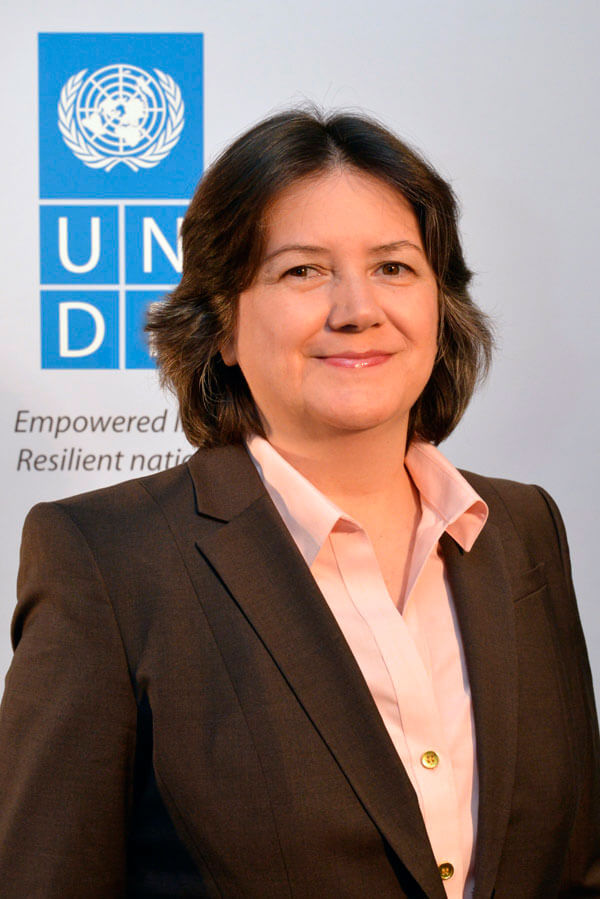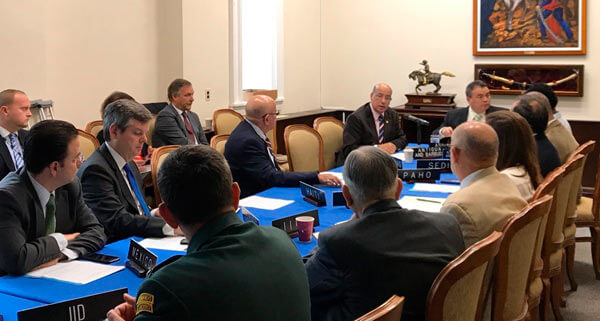The heads of the Organization of American States (OAS) and the UN Development Program (UNDP) for Latin America and the Caribbean have launched a new guide for policy makers in the region, saying that improving local and national institutions’ management capacity is crucial to prevent and promote peaceful dispute and conflict resolution.
The OAS said on Thursday that the guide, “Early Warning and Response Systems Design for Social Conflicts,” helps public officials and civil society organizations to create prevention mechanisms and improve conflict resolution to avoid the escalation of violence that could threaten individuals, groups and democratic governance altogether.
“Early warning and response systems are just one of the many existing tools in the arsenal of actions to prevent and address social conflict because it is more effective to invest in prevention and not pay the high political, social and human costs that these entail,” said OAS Secretary General Luis Almagro said.
“This is key in times of uncertainty and when there is a slowdown in economic activity but social demands are still on the rise,” he added.
The OAS said the new publication, aside from being the first of its kind in the world, systematizes lessons learned from Latin American countries’ past experiences with early warning systems, showcasing guiding principles to put effective mechanisms in place.
The guide encourages the search for good governance systems, providing necessary guidelines for a good conflict analysis to understand the stages of a conflict to generate concrete actions on how to proceed to develop strategies and institutional policies viable for the prevention and management of social conflicts, the OAS said.
“Dealing constructively with social conflicts, preventing and resolving them peacefully, while also including key groups and populations in decision-making, are essential elements for a new generation of policies, in line with the 2030 Agenda for Sustainable Development,” said UN Assistant Secretary-General and UNDP Regional Director for Latin America and the Caribbean Jessica Faieta.
“Early warning systems should be part of a comprehensive prevention strategy with other approaches such as conciliation, mediation or dialogue; institutional coordination of actors responsible for the attention and the promotion of a culture of peace among public servants and citizens,” she added.
The OAS said each system must be designed and implemented according to local contexts and specificities, taking gender and ethnic identities into account, helping citizens and public officials collect and analyze information to warn decision-makers in a timely manner, formulating action proposals, evaluating the warning system impact and the quality of the response.
“Effective systems entail cooperation between different agencies at the local, state and national levels, and must involve the highest decision-making levels, as well as the main actors demanding social change,” the OAS said.
“Social media and online networks play a crucial role as information source, helping, assess causes of conflict, promote dialogue, and raise awareness to find constructive solutions,” it added.





















